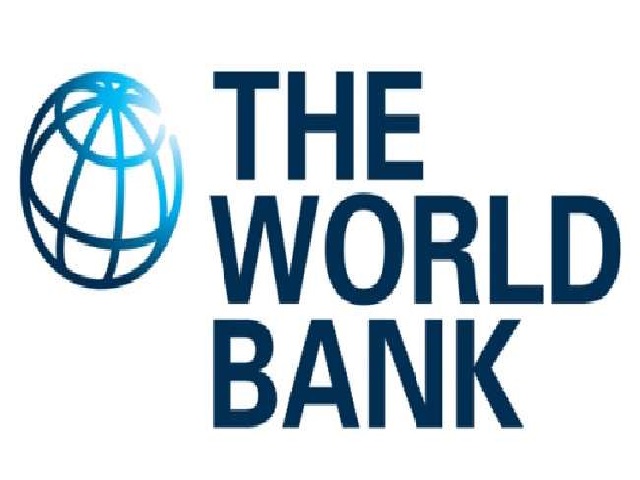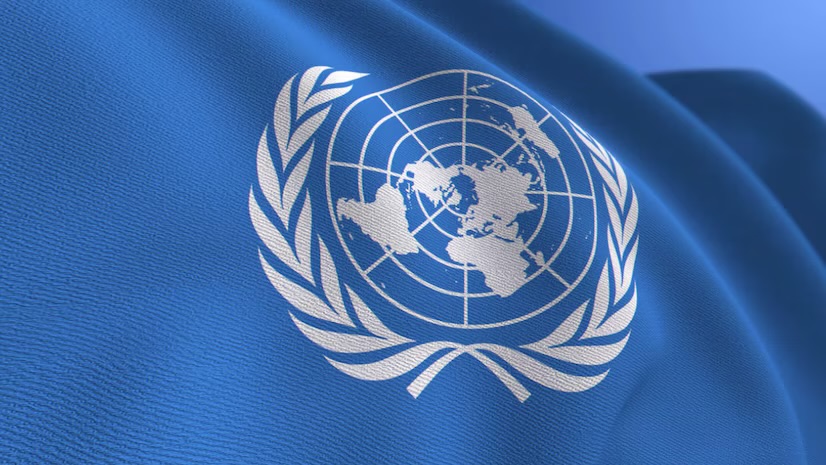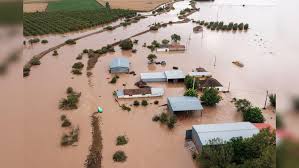Pandemic has contributed to a sharp rise in poverty and unemployment in South Asia : World Bank

Daily News, Colombo — The COVID-19 pandemic has caused deep output losses and contributed to a sharp rise in poverty and unemployment in South Asia, the World Bank says in its January 2021 Global Economic Prospects.
The output in the region contracted by an estimated 6.7% in 2020, reflecting the effects of the pandemic and nationwide lockdowns, particularly in Bangladesh and India. Activity rebounded in the second half of last year, led by industrial production, as initial stringent lockdowns were eased. Output is estimated to contract by 9.6% in Fiscal Year 2020/21, reflecting a sharp drop in household spending and private investment.
The informal sector, which accounts for four-fifths of employment, has also been subject to severe income losses during the pandemic. Recent high frequency data indicate that the services and manufacturing recovery is gaining momentum. In the rest of the region, the economic impact of COVID-19 has been somewhat less severe but still significant.
Economies like Maldives, Nepal and Sri Lanka that depend heavily on tourism and travel have been especially hard hit. The region is projected to grow by 3.3% in 2021. Weak growth prospects reflect a protracted recovery in incomes and employment, especially in the services sector, limited credit provisioning constrained by financial sector vulnerabilities, and muted fiscal policy support.
The forecast assumes that a vaccine will be distributed on a large scale in the region starting the second half of 2021 and that there is no widespread resurgence in infections. In India, growth is expected to recover to 5.4% in 2021. In Pakistan, the recovery is expected to be subdued, with growth at 0.5% in FY 2020/21. In economies that rely on external sources of growth such as manufacturing exports (Bangladesh) and tourism (Bhutan, Maldives, Nepal, Sri Lanka), the recovery is likely to be particularly modest.
Tourism revenue is likely to remain significantly below pre-pandemic levels because of depressed demand as potential tourists remain wary of social interactions and continued restrictions on international travel, although recent vaccine news offers hope.
They include more severe and longer-lasting infection rates from the pandemic, financial and debt distress caused by an abrupt tightening of financing conditions or possible widespread corporate bankruptcies, adverse effects of extreme weather and climate change, weaker than-expected recoveries in key partner economies, and a worsening of policy- and security-related uncertainty.
Additional stress on domestic banks in the region could be triggered by the economic consequences of a more protracted recovery from the pandemic, which in turn could lead to a rise in bankruptcies and weaken the balance sheets of the banking and non-banking sectors among several economies of the region (Bangladesh, Bhutan, India and Sri Lanka).
Extreme weather events also remain an important regional risk. ( From : the dailynews.lk)


















Facebook Comments